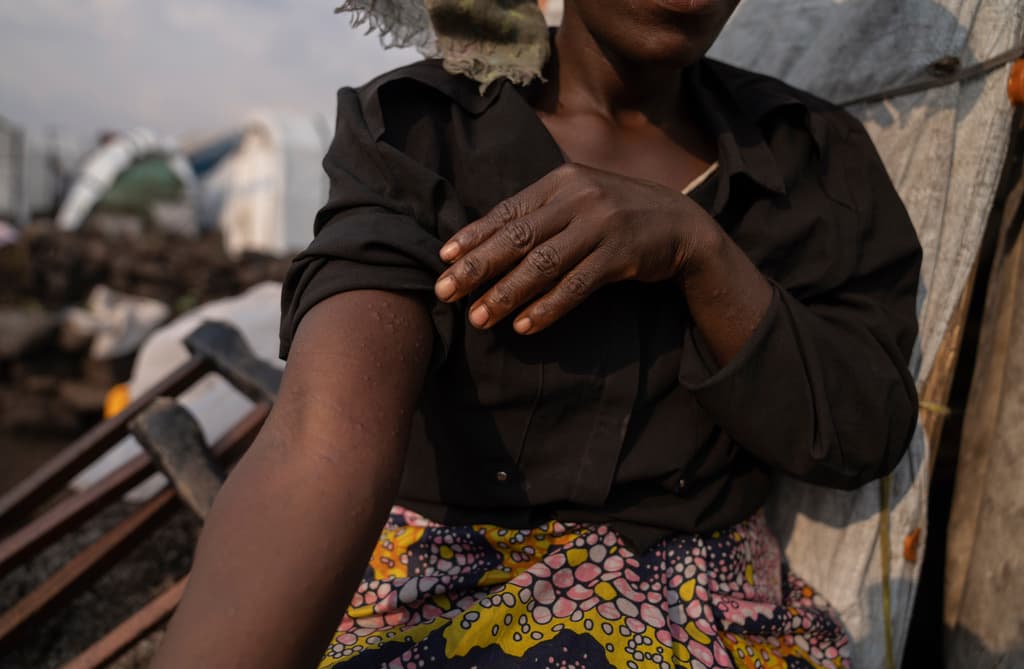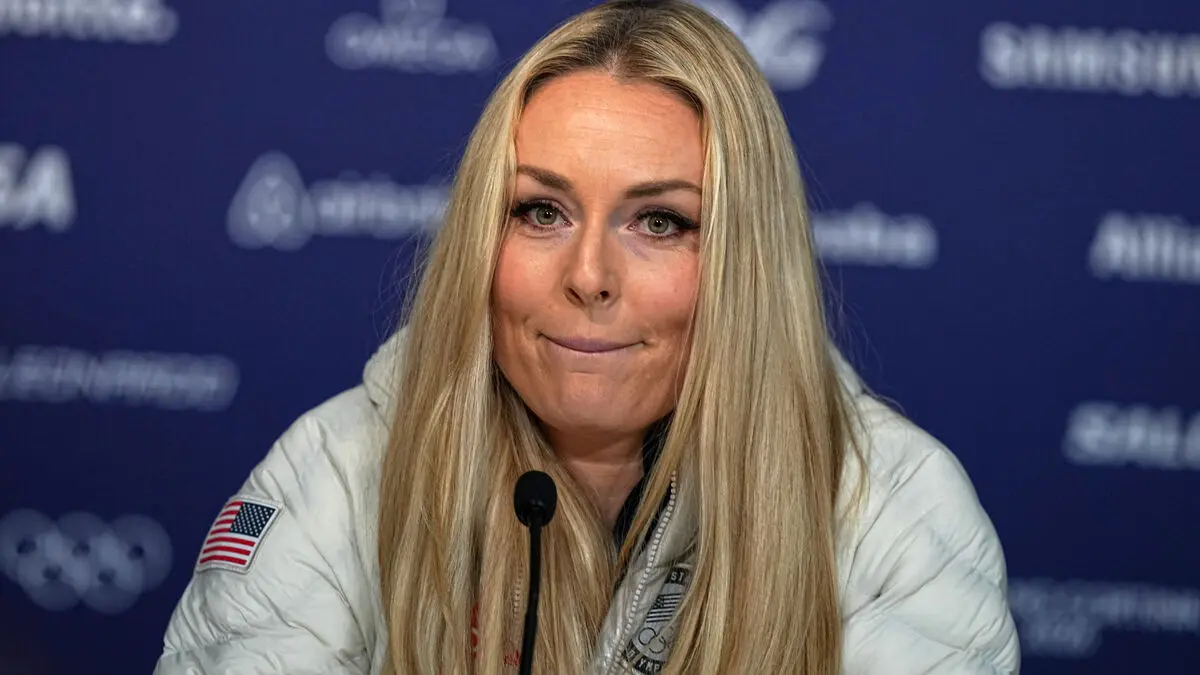Already in June, reports emerged that a new, contagious variant of the disease mpox, previously known as monkeypox, had begun to spread in refugee camps in eastern Congo-Kinshasa.
However, with limited opportunities for healthcare personnel to reach rebel-controlled areas, only a fraction of the cases are reported, suspects Oana Mihai, who is responsible for Save the Children's humanitarian operations in Congo-Kinshasa.
Almost all reported cases are from Goma and the surrounding areas, she says.
Nearly 1.1 million people live in informal refugee camps around the provincial capital Goma.
Outbreak of Cholera
Oana Mihai, who was also in the country during the Ebola outbreak, explains that overcrowding and lack of hygiene exacerbate the situation.
We also have an outbreak of cholera. About half of all children are severely malnourished and their immune systems are weakened. This makes them more susceptible to diseases, she says.
About 80 percent of all those affected are children under 15 years old. Few healthcare centers have the ability to isolate patients suspected of carrying the infection, and there is no equipment to diagnose the disease.
Our focus is to try to prevent the spread of the infection. But it's an enormous challenge, says Mihai.
Mistrust of Vaccines
The influx of refugees from rebel-controlled areas is increasing rapidly, putting great pressure on the few healthcare units available.
At one of our healthcare units, we have a capacity for 7,000 patients per month, but now we're up to 10,000 patients per week, says Mihai, who was also in the country during the Ebola outbreak.
Then, as during the COVID-19 pandemic, there was widespread mistrust of the available vaccines.
We're seeing the same thing now. Trust in healthcare is low, says Mihai.






